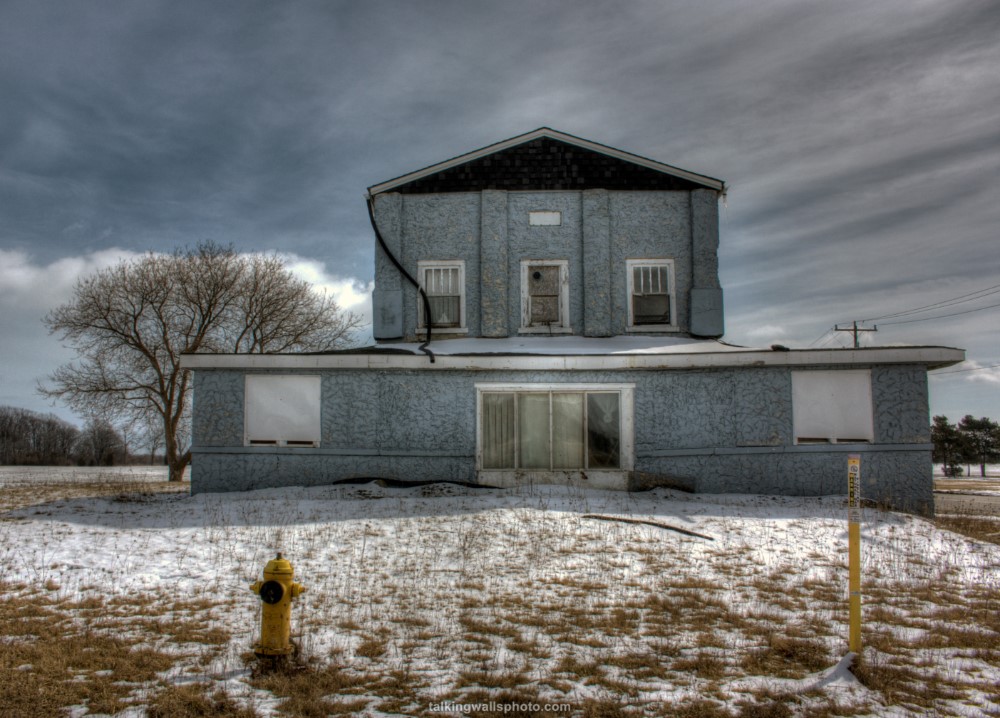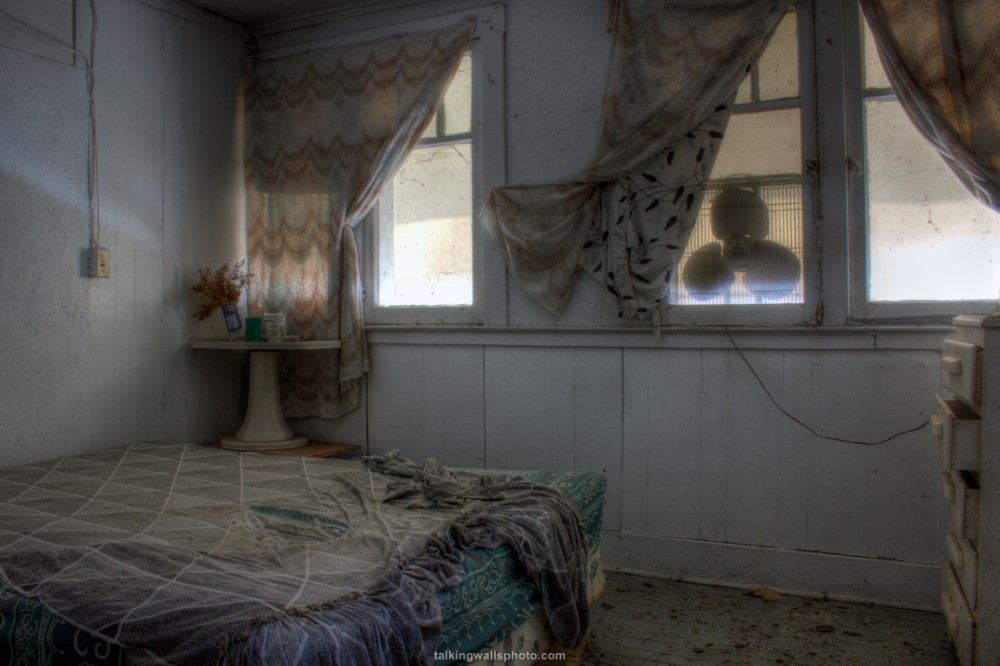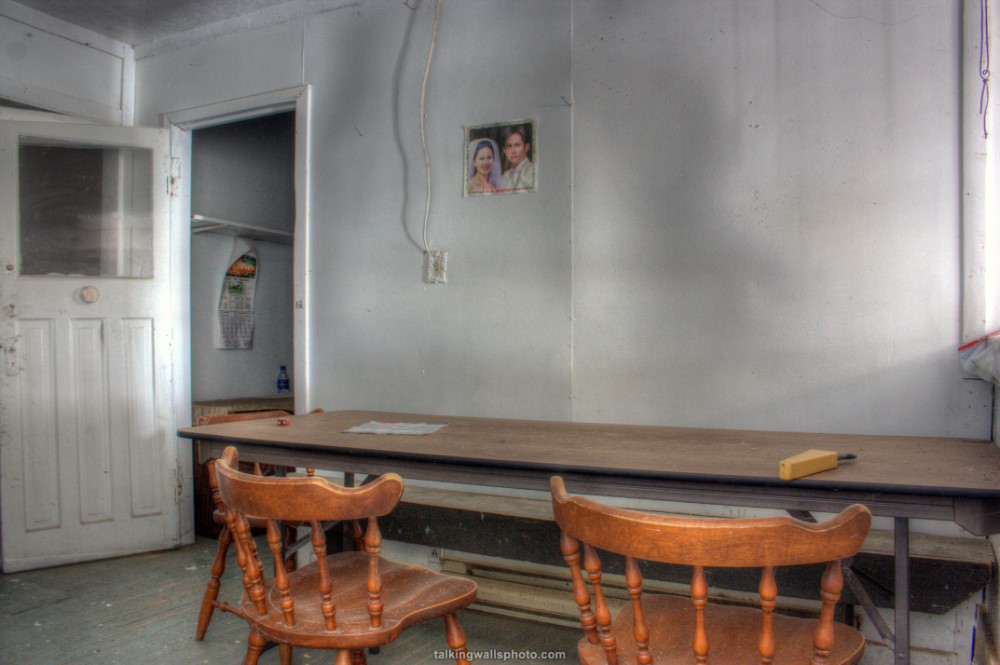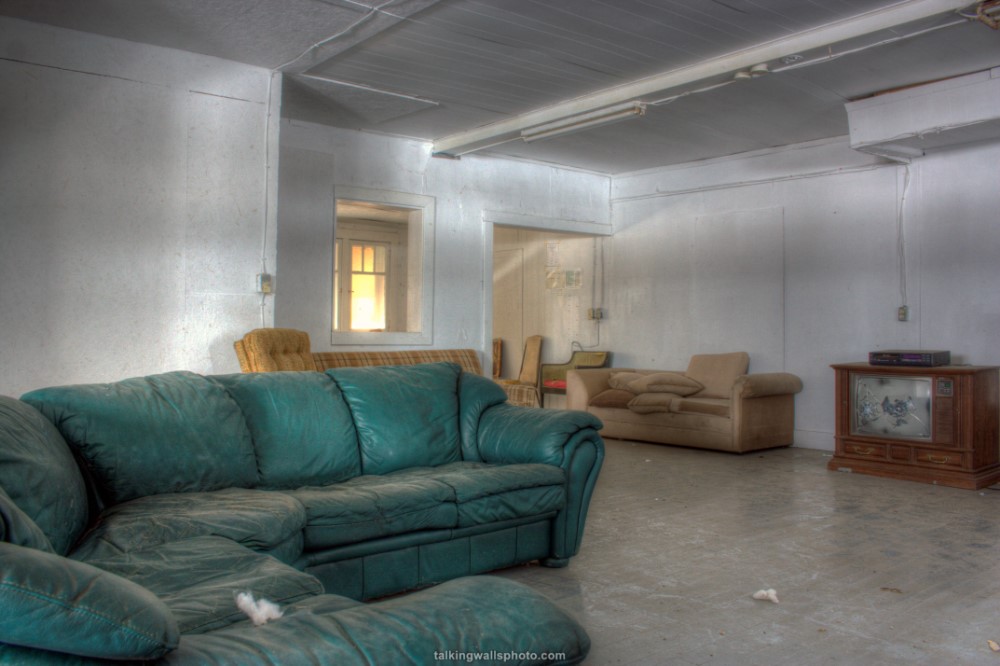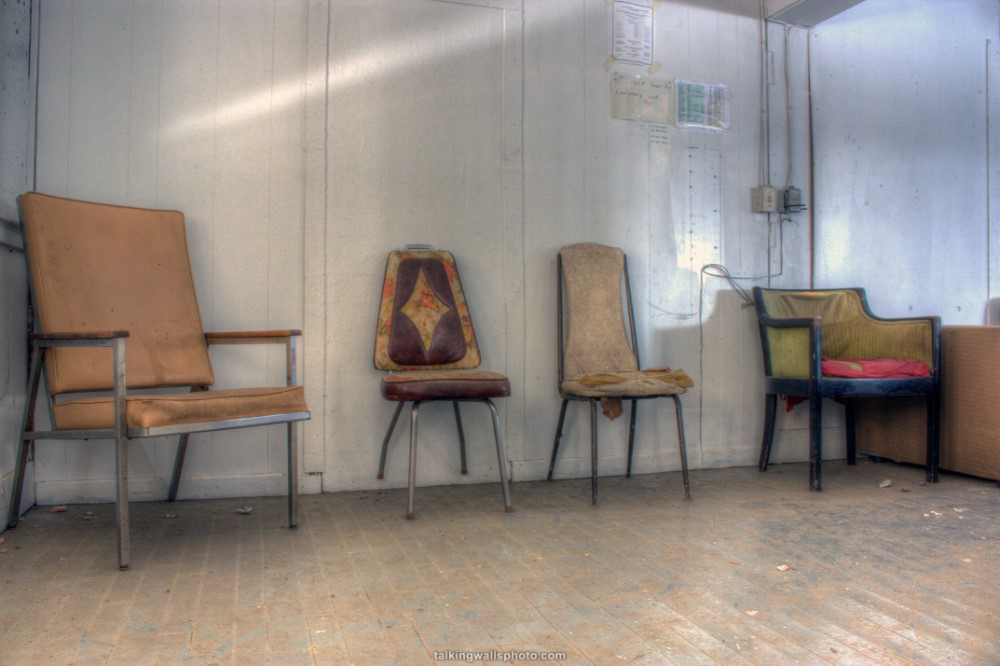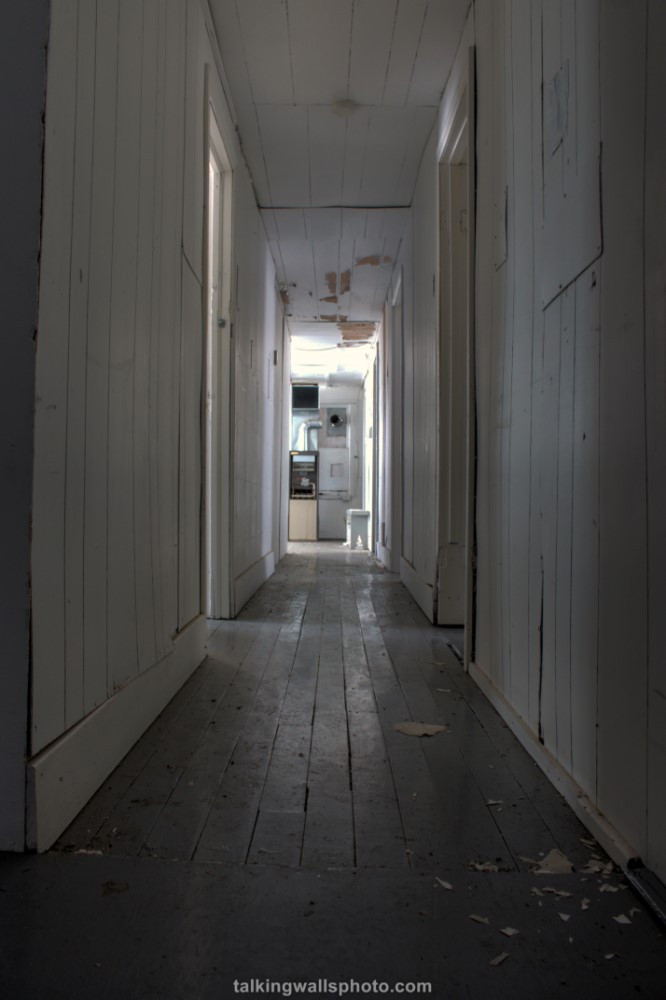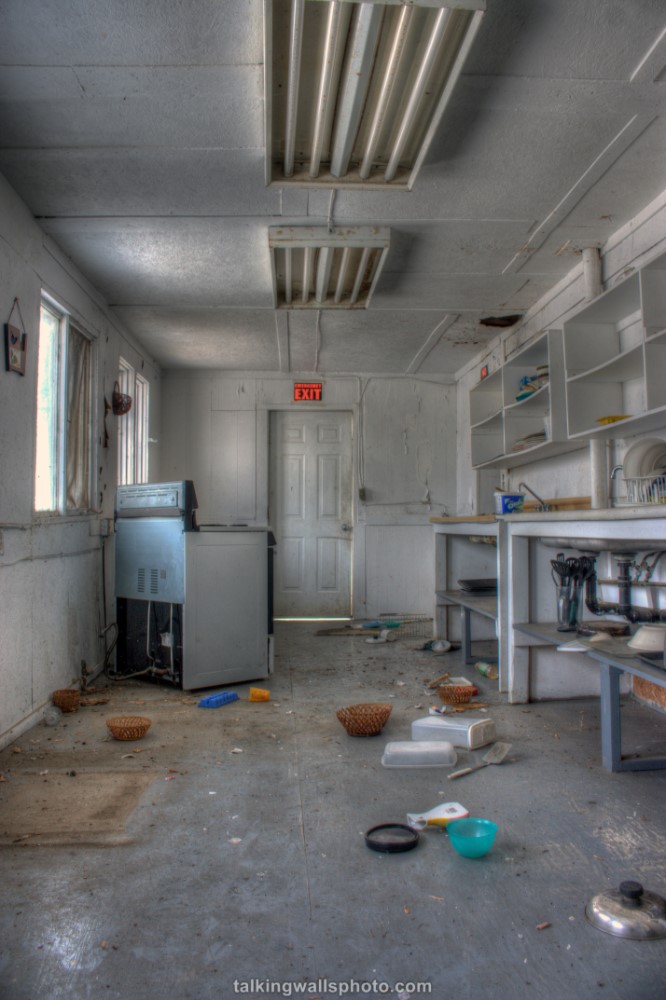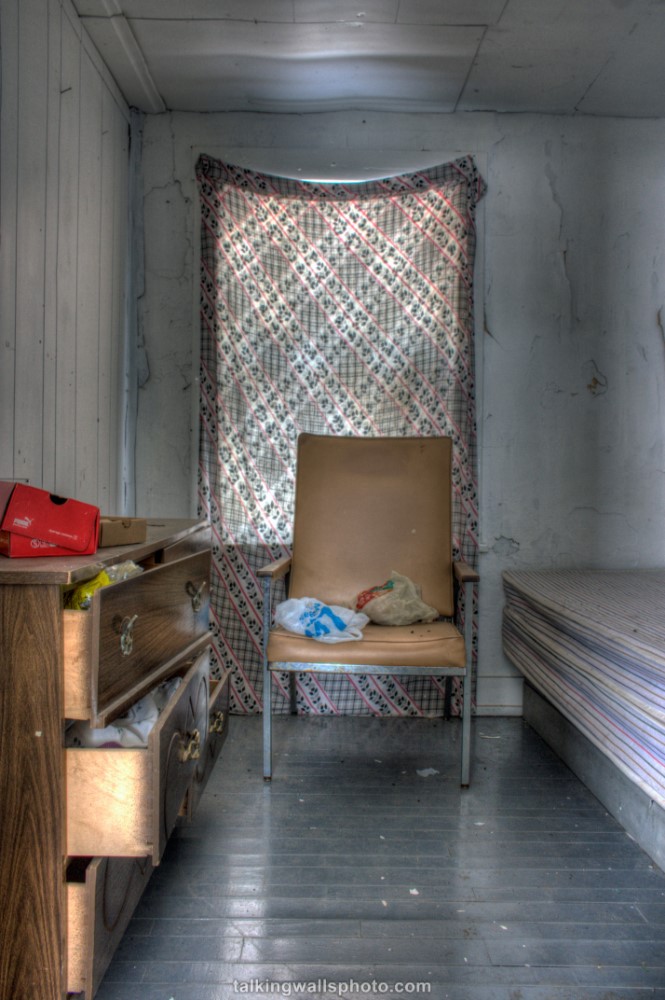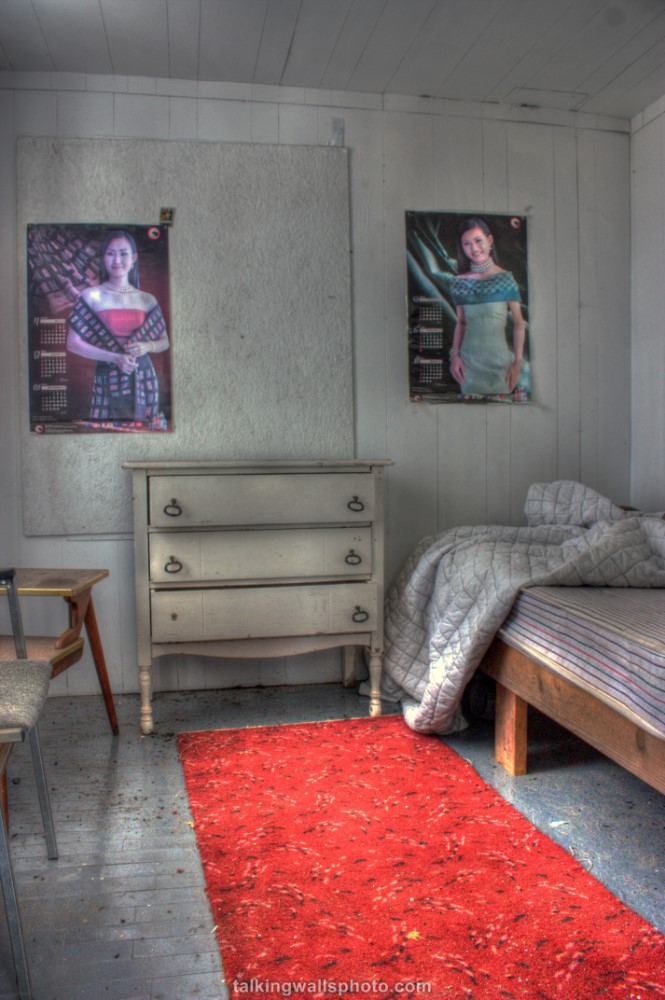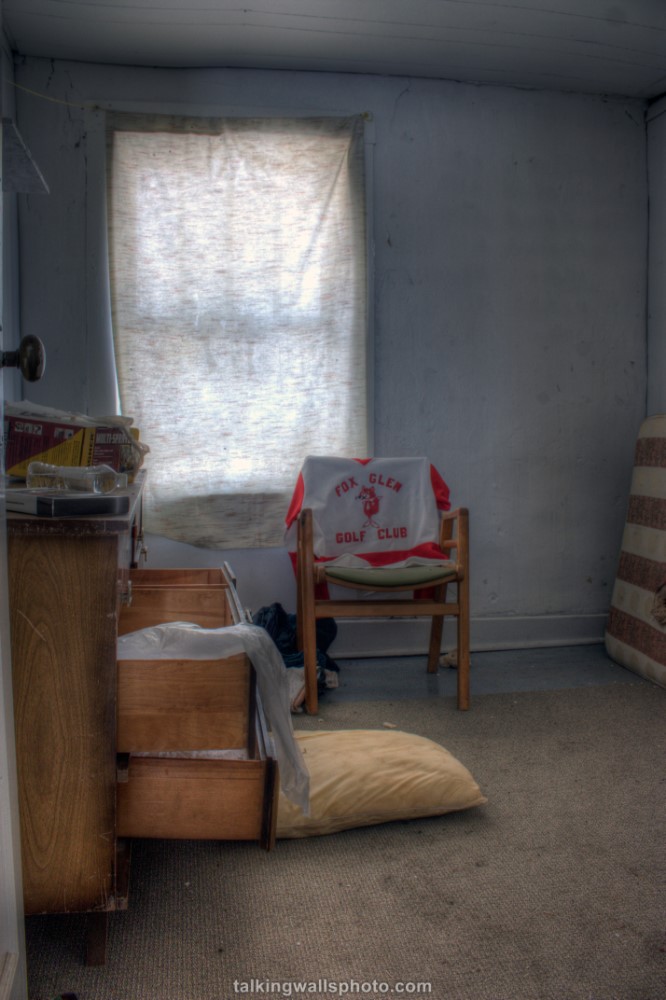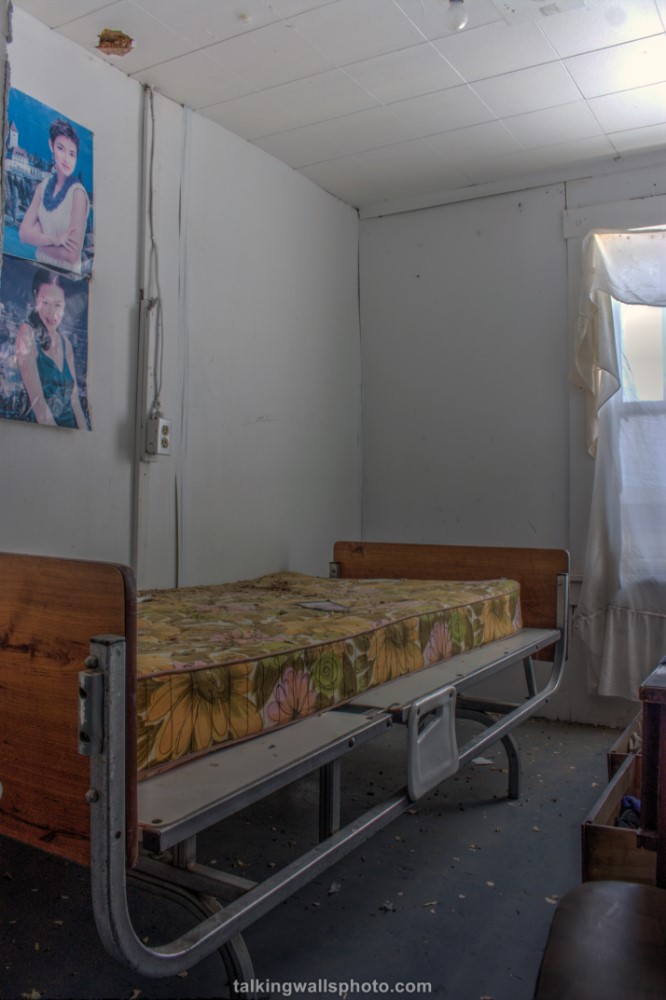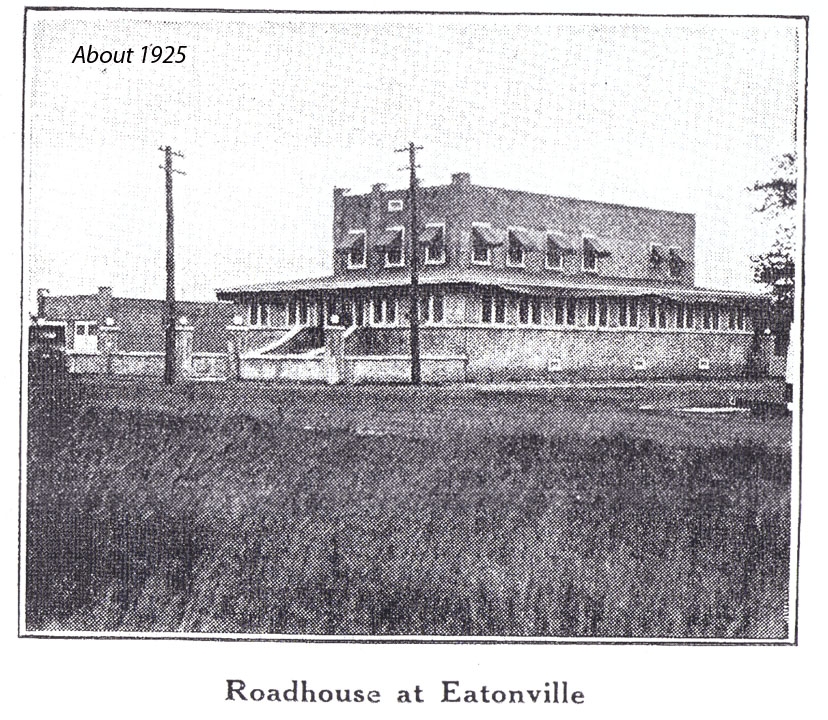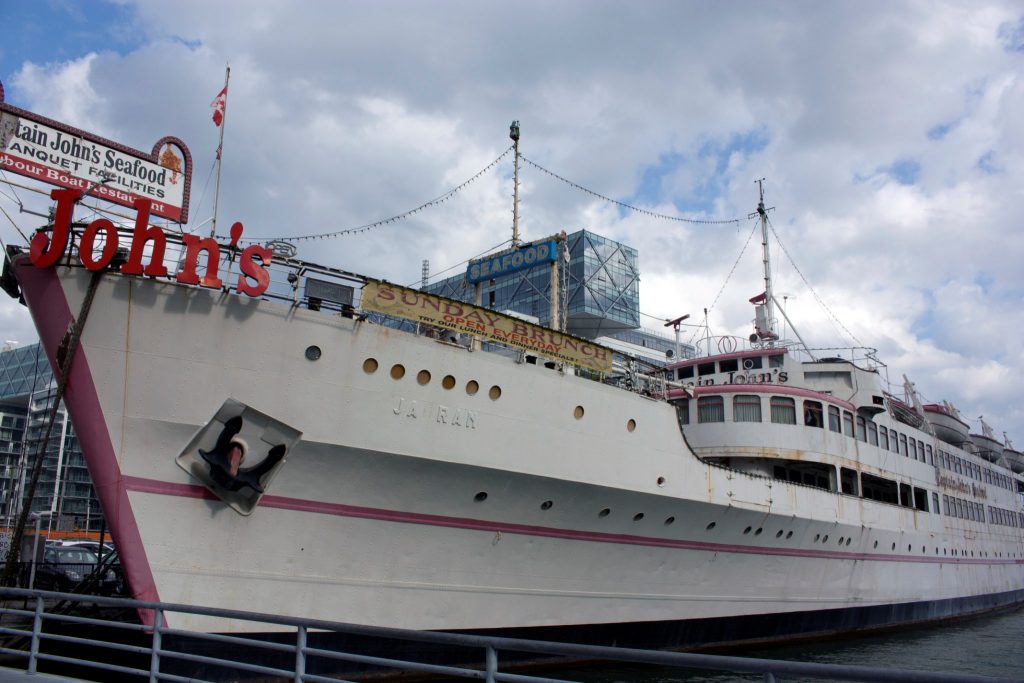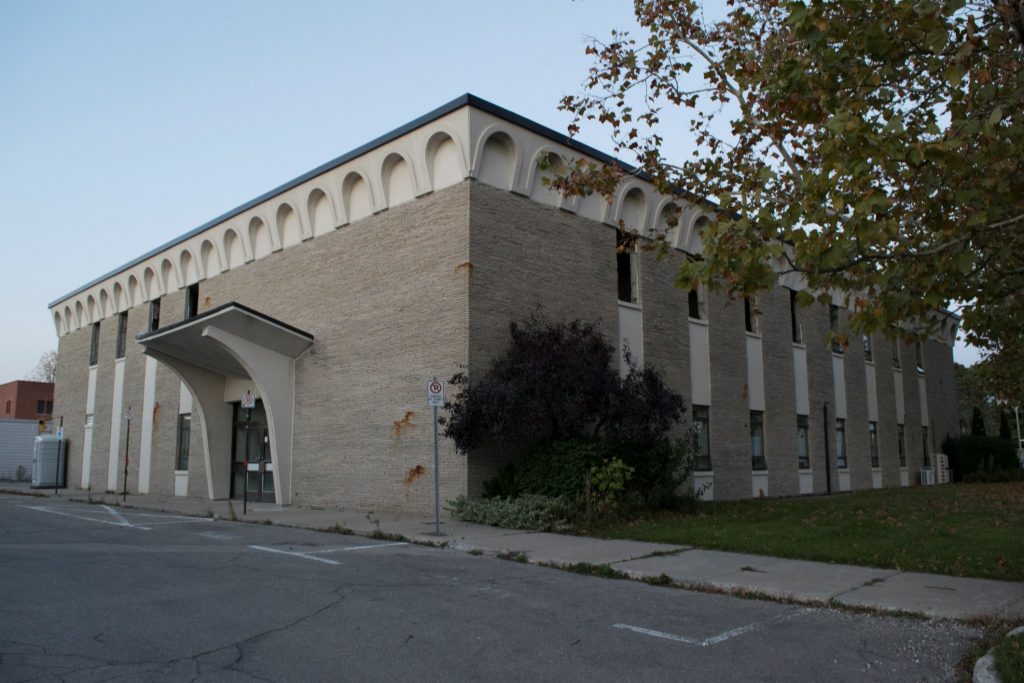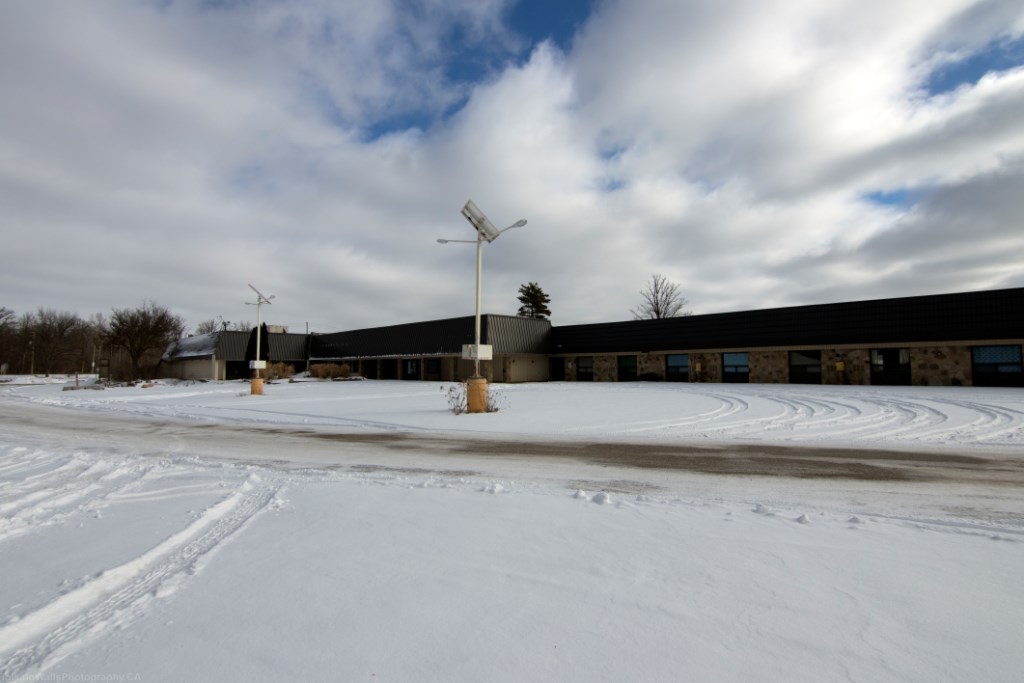The Eatonville Roadhouse began as a business venture of J.A. Eaton to operate a hotel and roundhouse in Ontario. Eaton already owned a hotel in Chicago and wanted to expand his business to offer accommodations to people needing a place to stay while travelling from Detroit to Buffalo or Niagara Falls.
Mr. Eaton chose a location where he could also attract locals heading to Rondeau Park for dances and concerts. By 1926 Eaton had constructed a two-storey garage, two-storey hotel and in between the buildings, a drive-thru hot dog stand.
The hotel was built with a lobby, fireplace, dance floor, and kitchen. A polished oak bar would serve up drinks to thirsty customers. The upstairs consisted of 12 bedrooms while an additional eight bedrooms were constructed on the second floor of the garage building.
Eaton’s dream was not without its obstacles. He encountered problems with the building contractor. The Department of Highways wanted the fence moved because they felt it was too close to the road.
The largest obstacle was that the township was “dry”, meaning that no alcohol sales were permitted. Ironically the lot across the road was located in a township that was considered “wet”.
By 1936 Mr. Eaton gave up on his dream and sold the buildings to Howard Pyne. Pyne made alterations to the property and reopened the business as the Sunset Hotel (later changed to Park Hotel).
In 1939 residents petitioned to remove the alcohol ban in the township. Over 900 residents signed the petition while the local churches opposed the sale of alcohol. The petition wasn’t able to reach the necessary 60 percent of votes to remove the ban.
To get around the alcohol ban, Pyne began working with a partner to create bootleg alcohol. When word of the bootleg alcohol spread to hotels in nearby towns where alcohol was legal, the police put a stop to the sale of alcohol at the Sunset Hotel.
In 1941 Mr. Pyne was awarded a contract for a Farm Service Camp which allowed local young men to eat and sleep at the hotel while working on local farms as part of the war effort. The young men were paid daily and allowed to miss final exams if their marks warranted it. An eight hole outhouse was constructed at the back of the property.
After a disagreement with the government, in 1942 Mr. Pyne rented the hotel to the Federal Government to use as a Federal Internment Camp. The camp housed 55 Japanese men from British Columbia. The men worked under the supervision of an RCMP officer to clear timber and bush from Rondeau Park. Mr. Pyne permitted a Japanese bath to be built in the garage which the Japanese used after returning from work.
After the war Mr. Pyne built a large hen house for 2,000 chickens. The eggs were sold at nearby markets and chickens sold to dealers and tourists. The garage and hotdog stand were demolished sometime after 1960 and Mr. Pyne’s daughter sold the property.
Current Status
Local farming family, the DeBrouwers approached the city in late 2015 for permission to tear down the structure. The municipal heritage committee tried to persuade the council to preserve the site. The result was a 17-1 vote to repeal the heritage designation. Please be respectful to this (and all) locations.
All research by TWP. The historic photos I believe are Howard Pyne’s.
